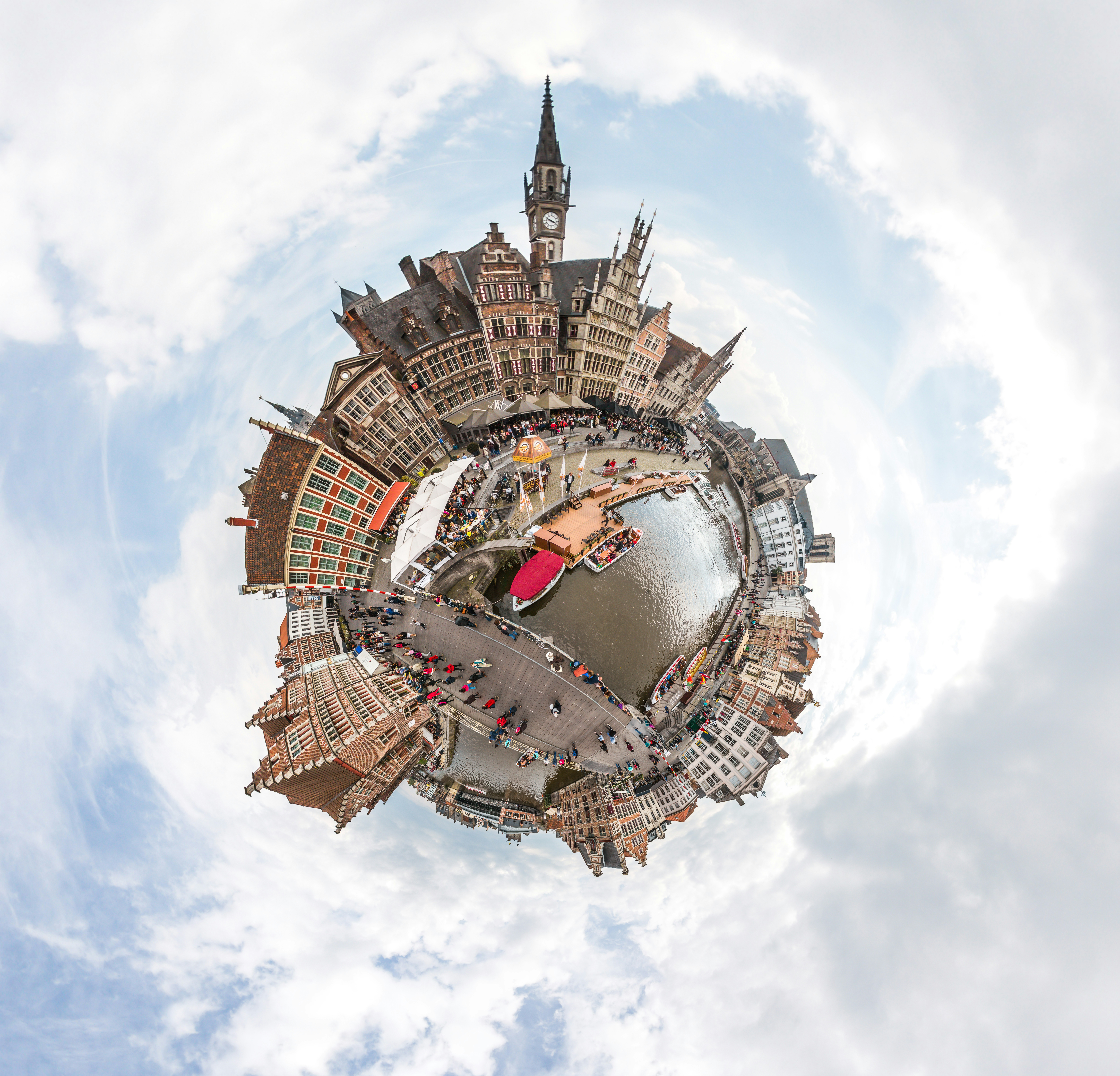
Tips For Budget Travel To Europe
Europe is a dream destination for many, but it doesn’t have
to break the bank. With a little planning and a few savvy strategies, you can
explore the continent’s rich history, vibrant cultures, and stunning landscapes
without spending a fortune. Here’s a guide to seeing Europe on a budget, packed
with tips and tricks to help you make the most of your adventure.
1. Travel Off-Season

Photo: Unknown
One of the easiest ways to save money on your European trip
is to travel during the off-season. Summer and major holidays are peak times
when prices soar. Consider visiting in the shoulder seasons—spring (April to
June) or autumn (September to October). During these periods, you’ll find lower
prices on flights and accommodations, fewer crowds, and often, more pleasant
weather.
2. Book Flights Early and Be Flexible

Photo By: Joseph Corel
Airfare can be one of the biggest expenses, so booking in
advance is crucial. Use flight comparison websites like Skyscanner or Google
Flights to find the best deals. Be flexible with your travel dates and consider
flying into less popular airports. For example, flying into smaller cities like
Milan instead of Rome can sometimes save you money.
3. Use Budget Airlines and Trains

Photo By: Fas Khan
Europe is home to several budget airlines such as Ryanair,
EasyJet, and Wizz Air. They often offer incredible deals, especially if you
book early. However, be aware of extra fees for baggage and other services.
Additionally, train travel can be economical if you book in advance or use
passes like the Eurail Pass for extensive travel across multiple countries.
4. Stay in Budget Accommodations

Photo By: Karsten Winegeart
Hostels, guesthouses, and budget hotels are excellent
options for saving money. Websites like Hostelworld, Booking.com, Airbnb and
me! Can offer you a range of budget-friendly, that’s accommodations. Consider
staying in a private room in a hostel or a vacation rental with kitchen
facilities to save on food costs.
5. Cook Your Own Meals

Photo By: Kevin McCutcheon
Eating out can add up very fast, so try cooking your own
meals whenever possible. Many hostels and vacation rentals have kitchen
facilities. Enjoy visiting local markets or grocery stores to buy fresh,
inexpensive ingredients. Not only will this save you money, but it also gives
you a taste of local flavors and a chance to immerse yourself in everyday life.
6. Take Advantage of Free Attractions

PhotoBy: Darius
Many European cities offer free or low-cost attractions.
Museums, parks, and historical sites often have free admission days or
discounted rates for students and seniors. Research free walking tours, which
can provide a great overview of a city’s history and culture. Don’t forget to
check local event listings for festivals, markets, and performances.
7. Use City Passes Wisely

Photo By:Denys Nevozhai
City passes can offer significant savings on attractions,
public transportation, and tours. Look into passes like the Paris Pass, London
Pass, or the Barcelona Card, but make sure they align with your planned
activities to ensure they provide value. Sometimes, buying individual tickets
or using local discounts might be more cost-effective.
8. Travel Light and Avoid Extra Fees

Photo By: Deactivated Account
Packing light can save you money on budget airlines where
baggage fees can be steep. Stick to a carry-on if possible, and be mindful of
airline policies regarding dimensions and weight. Additionally, packing
essentials like a reusable water bottle, a good pair of walking shoes, and a
travel adapter can help you avoid unnecessary purchases abroad.
9. Use Public Transportation

Photo By:J.C. Gellidon
In most European cities, public transportation is efficient
and budget-friendly. Trains, buses, trams, and metro systems can get you around
without the high cost of taxis or rental cars. Consider getting travel passes
for unlimited rides within a set period if you plan to use public transport
frequently.
10. Embrace the Local Culture

Photo By:Martijin Baudoin
One of the best ways to experience Europe on a budget is to
immerse yourself in the local culture. Visit neighborhood markets, try street
food, and explore lesser-known areas of the cities you visit. Engage with
locals to get insider tips on budget-friendly activities and eateries.
Final Thoughts
Traveling through Europe on a budget requires a bit of extra
planning, but the rewards are well worth it. By being flexible with your plans,
taking advantage of budget-friendly options, and embracing the local culture,
you can enjoy an unforgettable European adventure without overspending. Bon
voyage!
Feel free to drop any questions or share your own tips for
budget travel in Europe on our Facebook or Instagram pages links are available
on our website aprilpearson.thetravelagentnextdoor.com









